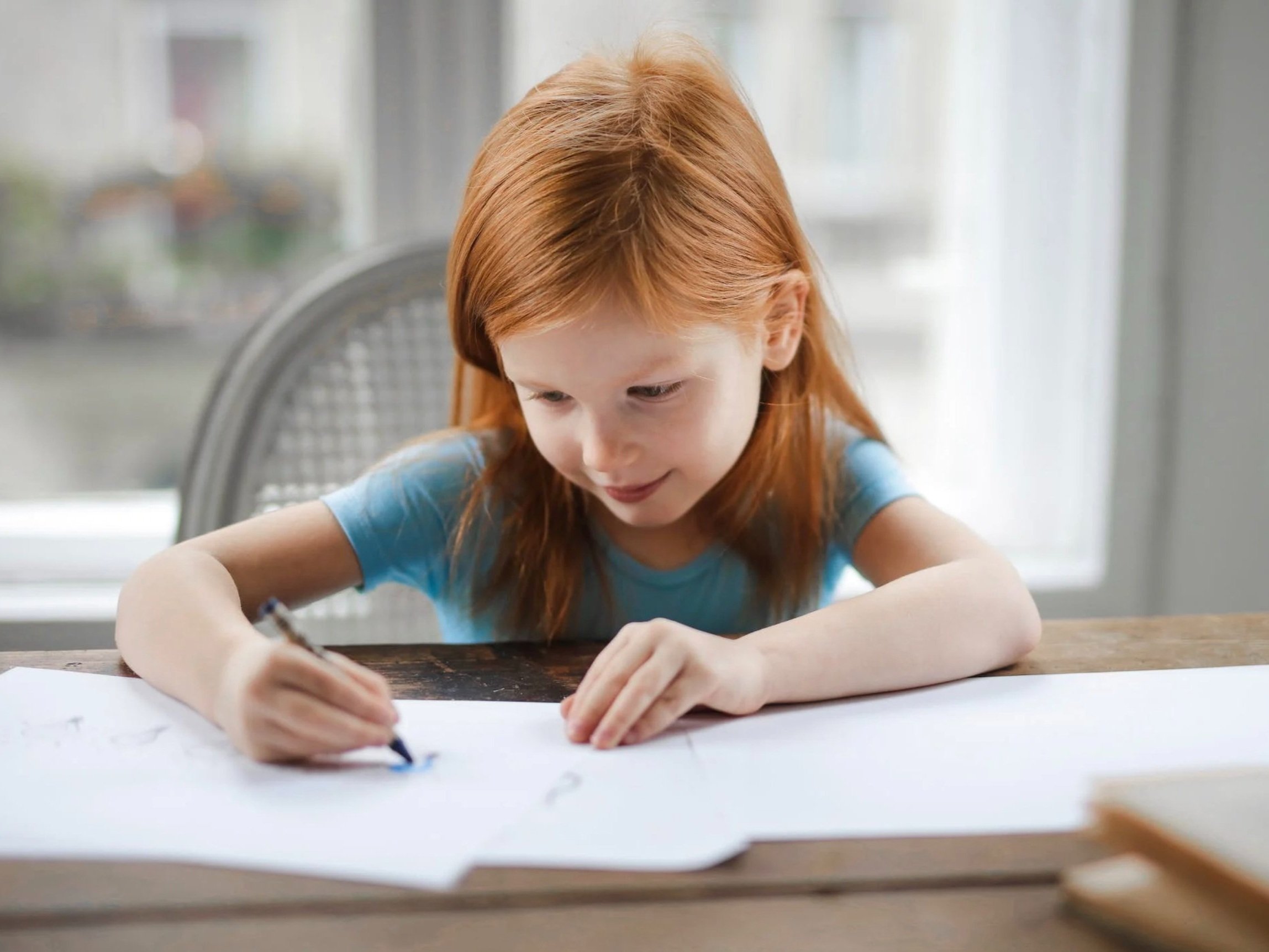Young Hearts, Strong Minds: Teaching Emotional Intelligence and Social Skills
In the evolving landscape of children's mental well-being, emotional intelligence and social skills are invaluable cornerstones.
Drawing from science-based research, this article examines the significance of nurturing these essential life skills and illuminates a path to raising emotionally intelligent, socially adept children.
Emotional Intelligence and Its Importance
Emotional Intelligence (EI) refers to the ability to understand, manage, and express one's emotions healthily and constructively.
It encompasses skills such as self-awareness, empathy, and emotion regulation. Research has shown that children with higher emotional intelligence tend to have better social relationships, academic performance, and overall well-being (Brackett, Rivers, & Salovey, 2011).
Teaching emotional intelligence involves helping children to recognize and label their emotions, understand the causes and effects of these emotions, and develop strategies to manage them effectively. For example, a child feeling frustrated because they are struggling with homework can be taught to take a deep breath, acknowledge their feelings of frustration, and then think of a constructive way to address the situation, such as asking for help or taking a break and coming back to it later.
Social Skills and Their Role in Well-Being
Social skills are the abilities that enable individuals to interact effectively with others. These include communication skills, listening skills, and the ability to understand and respect others' perspectives.
Developing social skills is crucial for children's mental health and well-being, enabling them to build and maintain healthy relationships with their peers and adults.
Children can apply social skills in their daily lives by practicing active listening, expressing themselves clearly and respectfully, and showing empathy towards others. For example, if a friend feels sad, a child with good social skills might offer a comforting word, a hug, or simply a listening ear.
Mindfulness and Its Benefits for Children
Mindfulness is the practice of paying attention to the present moment without judgment. It has been found to have numerous benefits for children's health and well-being, including reducing stress and anxiety, improving attention and focus, and promoting a positive mindset (Zoogman, Goldberg, Hoyt, & Miller, 2015).
Children can practice mindfulness in their daily lives by taking a few minutes each day to focus on their breath, notice the sensations in their body, or observe their surroundings. Guided meditation recordings, such as those available on the Calm Kids Club website, can also be a helpful tool for teaching mindfulness to children.
Teaching children emotional intelligence, social skills, and mindfulness is crucial for their mental health and overall well-being. These skills will help them navigate childhood challenges and serve as a strong foundation for their adult lives.
Parents and caregivers can support children in developing these skills by providing a supportive and nurturing environment, modelling healthy emotional and social behaviours, and utilizing resources such as the Calm Kids Club website.
The Calm Kids Club supports children's mental health and well-being by providing many resources, including quality articles and guided meditation recordings. Visit our website to explore more articles and children's mental health resources that can help your child thrive.
References
Brackett, M. A., Rivers, S. E., & Salovey, P. (2011). Emotional intelligence: Implications for personal, social, academic, and workplace success. Social and Personality Psychology Compass, 5(1), 88-103.
Zoogman, S., Goldberg, S. B., Hoyt, W. T., & Miller, L. (2015). Mindfulness interventions with youth: A meta-analysis. Mindfulness, 6(2), 290-302.

